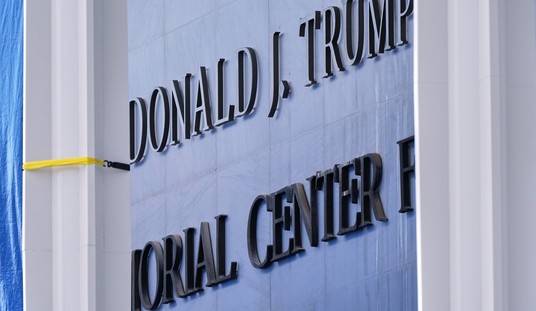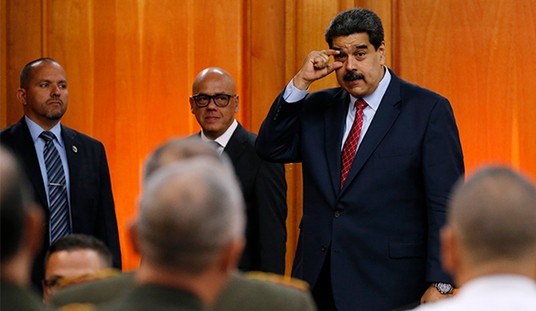
America versus Britain, the beta version.
Today’s entry from the RedState Department of History examines the War of 1812, which, not coincidentally, began on this day in 1812.
A second war between the United States and Great Britain had been on the horizon since 1807, when the British fired upon and captured the USS Chesapeake for failing to submit to a search for Royal Navy deserters. American sailors had been press-ganged into the Royal Navy for some time, which also heightened tensions.
At the time, just under 950 American ships had been captured by England and France – more by the French than the British — which raised the question of which of the two nations was a more deserving target for a declaration of war. In the end, though, it was the press-ganging of American sailors onto British ships and British support for Indian tribes in the Great Lakes region, plus its blockade of American trade with France, which pushed Congress and President James Madison over the edge. America declared war.
As for the war itself, it would be fair to say results were a mixed bag for the young American Armed Forces. The war accomplished several things:
- The complete failure of an American invasion of Canada.
- The sacking of Washington D.C. by the British and the burning of the White House in 1814.
- The writing of the National Anthem by Francis Scott Key after the British bombardment of Fort McHenry in Baltimore Harbor, also in 1814. Read the official account of the bombardment here.
- The vitally important American naval victory at the Battle of Plattsburg Bay, which stopped the last incursions by British troops into the northern United States and forced a general retreat into Canada, making the conditions ripe for peace.
- The complete American victory at the Battle of New Orleans, which occurred after the Treaty of Ghent was signed to end the war. Andrew Jackson’s men inflicted 2,034 casualties and captured on the invading British at the cost of 62 Americans.
British diplomats had known of the pending Battle of New Orleans while the Treaty of Ghent was being negotiated, but the results of the battle, which took place before word had reached the combatants of the peace agreement, only solidified the confidence of the young American nation.
The Treaty of Ghent was a “white peace”, or status quo ante, meaning neither side was able to impose conditions on the other. As such, the War of 1812 ended in stalemate.
Enjoy today’s open thread!












Join the conversation as a VIP Member